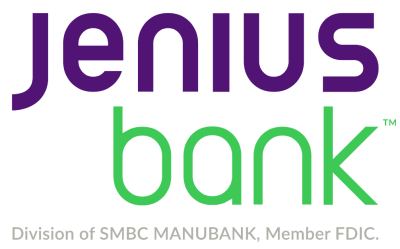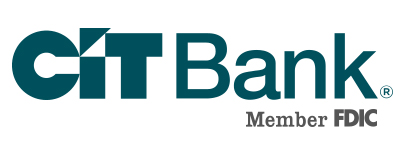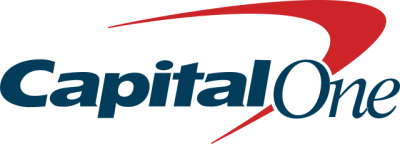Pros:
- Low opening requires amounts
- Variety of accounts offered
- Online accounts available in all states
- Rates not tiered for online accounts
Cons:
- Accounts have a monthly fee
- Some accounts only offered in few states
- Not all accounts offer competitive rates
- Competitive rates require a large sum
Pros:
- Options on how to receive interest
- No opening required amount
- Pay credit card bill from savings account
- Competitive interest rates on accounts
Cons:
- Only offer savings and CD accounts
- Must link account to a different bank
- Funds not transferred immediately
- No checks, debit cards, or ATM cards
To open Mutual of Omaha Bank accounts requires low amounts. The online checking account only requires $100 to open. The other checking accounts require from $100 to $1,000 depending on the account. The savings and money market accounts require $100 or $1,000. The online money market requires $1,000 to open.
Mutual of Omaha Bank offers a variety of personal deposit and business accounts. They offer six personal checking accounts. A basic savings account and two money market accounts are offered. CD terms vary from 1-month to 60-months; fixed rates and standard rate CDs offered.
Mutual of Omaha Bank offers an online checking and money market account. The online checking account only requires $100 to open. There is not a monthly fee if your balance is above $100. Balances over $1,500 earn interest. The money market account requires $1,000 to open, waive the fee, and earn interest. These accounts are available in all states.
To earn the most competitive rates for the online accounts does not require a large sum. The online money market account only requires $1,000 to earn the best rate. The online checking requires $1,500. Amounts over $250,000 earn much lower rates.
Mutual of Omaha Bank checking and savings accounts have monthly fees. Those fees range from $3 to $15 depending on the account. Waive the fees by keeping a set balance in the account. Those balances range from $100 to $10,000 depending on the account.
Not all accounts are available in all states. Mutual of Omaha limits the accounts to specific states. The online money market and checking account are available in all states. Most accounts must be opened at a branch location.
Not all Mutual of Omaha Bank accounts offer competitive rates. The online accounts offer rates competitive with other online accounts. The CDs and other accounts offered through branch locations are not as competitive. The rates may change based on the state you open the account in.
To earn the most competitive interest rates requires a large sum. The Mutual of Omaha Bank money market account requires $250,000 to earn the highest rate. The investment checking requires $50,000.
American Express Bank offers ways to receive the money you earn off interest. You can deposit it back into the account earning the interest. The interest can be transferred to your CD account. You can deposit the money into your linked external account, or receive a check. You can request a check to come monthly, quarterly, or annually.
There is no minimum amount required to open an account. You start earning interest with any amount deposited into the high-yield savings account. The more money you deposit, the more interest you earn, but no required amount.
Once you open a savings account with American Express, you can link that account to your credit card. Log into your account and link the savings account to the credit card. Paying your credit card bill from your savings account does count as a withdrawal.
American Express Bank offers higher interest rates than your typical bank. Their rates are competitive with other online banks. You can find the current rates are on their website.
American Express Bank only offers a high-yield savings account and CDs. To deposit money into the accounts, you must link it to your current banking accounts. You can also sign up for direct deposit from your employer or to make automatic deposits.
You must link your American Express accounts to your current bank account. You can then transfer money between the different accounts. Federal regulations only allow six transactions each billing cycle for savings accounts.
Transferring money to and from your American Express personal account is not immediate. Money coming into your American Express account is not available until the fifth business day. All other transfers take 1-3 business days.
American Express Bank does not offer checks, debit cards, or ATM cards for their accounts. To get your money, you must transfer it from your American Express savings account back into your linked external account. If you open a CD, you must wait until the maturity date to access your money without a penalty.







